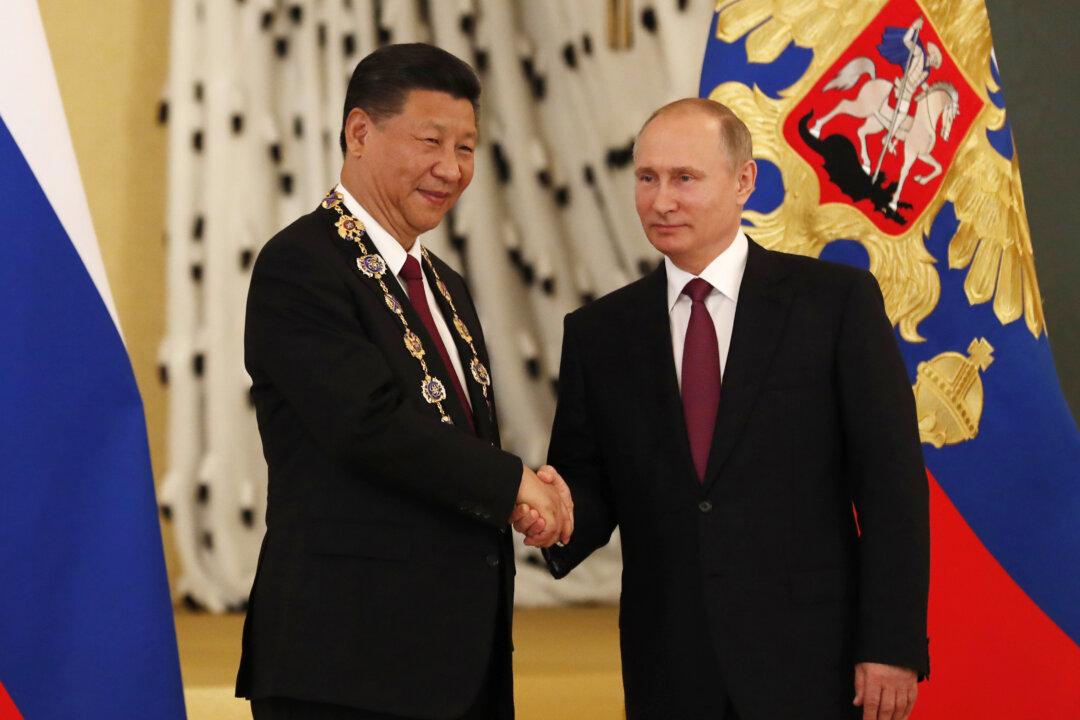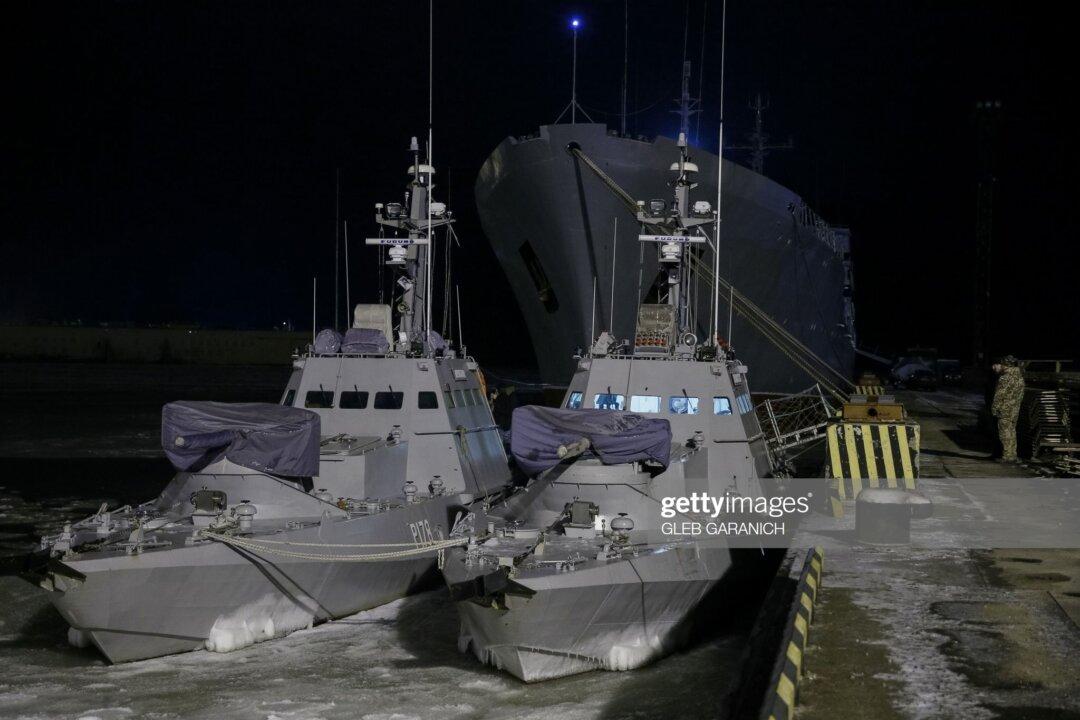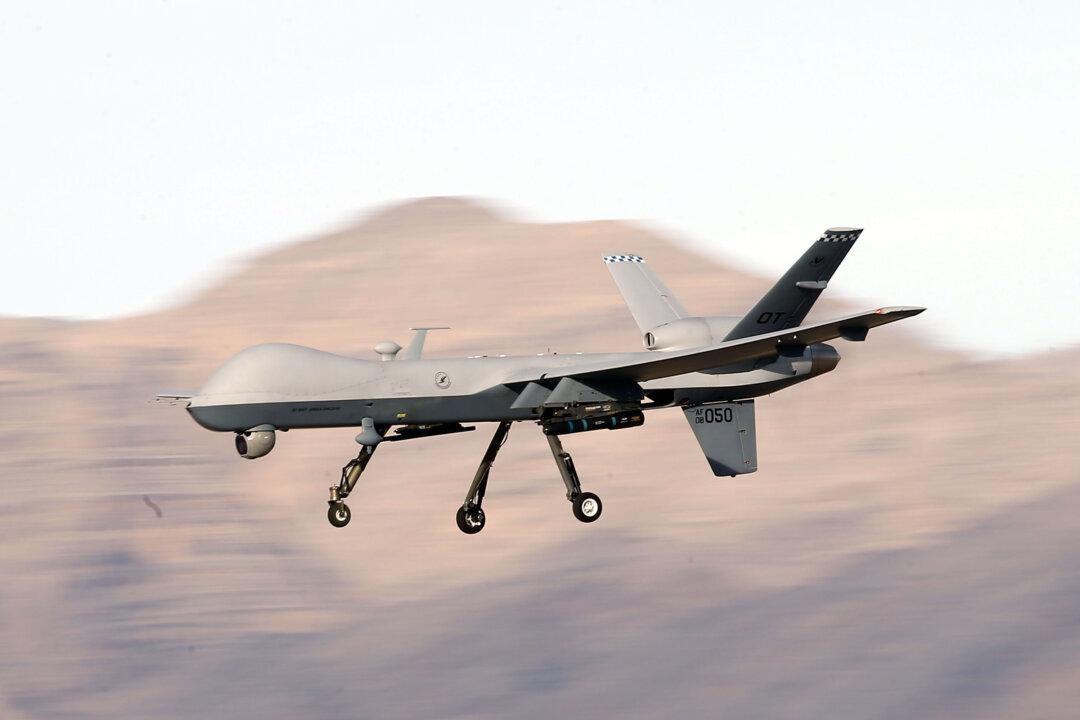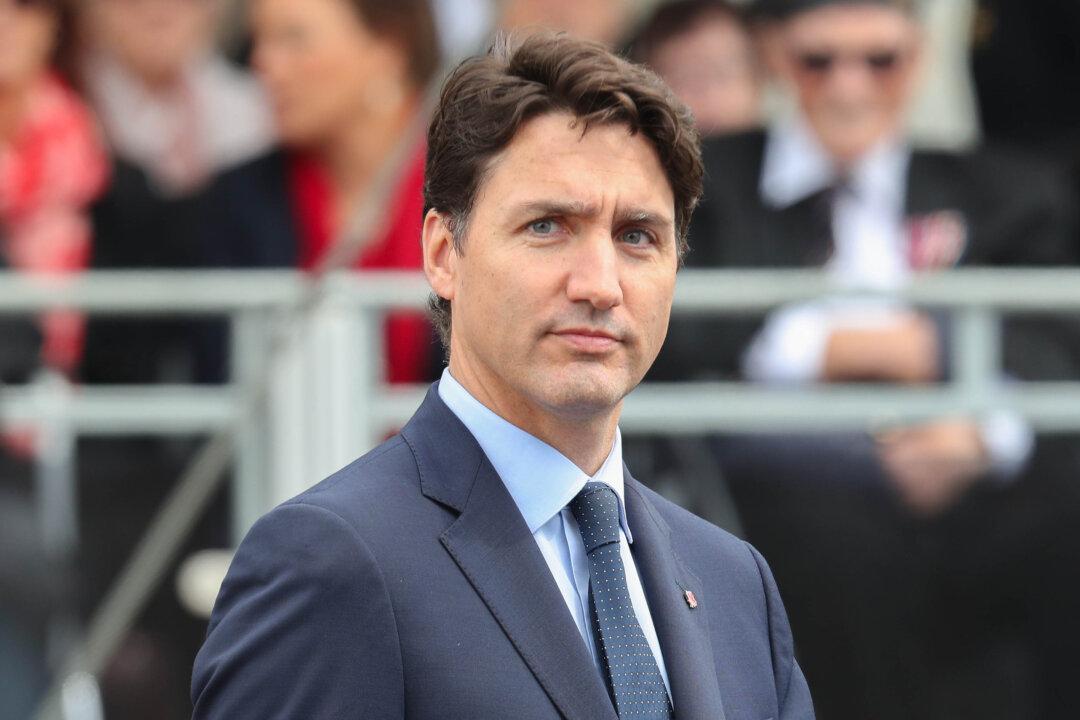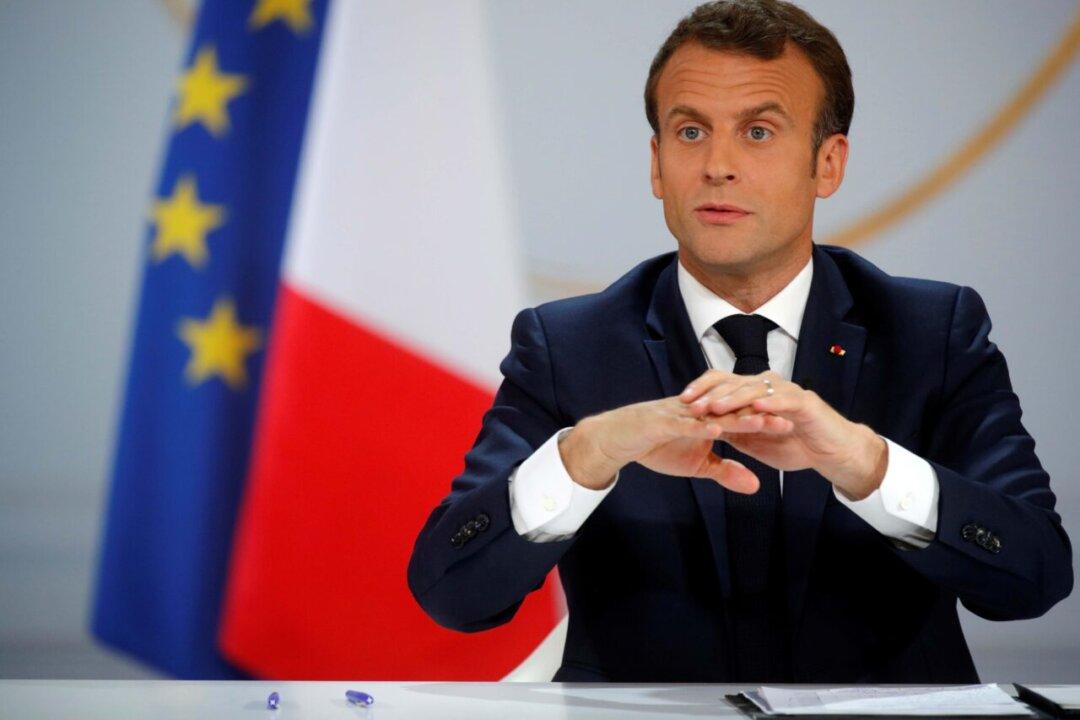Vladimir Putin and Xi Jinping lead Russia and China—respectively the world’s second and third most powerful countries. Both appear solidly entrenched as leaders of their countries. And their leadership styles are being touted as effective alternatives to democracy in both economic and politico-military terms.
Both stand top of, if not the traditional dictator’s pile of skulls, at least dictatorships that, despite ostensible velvet gloves, are still willing to employ the iron fist to maintain control.
